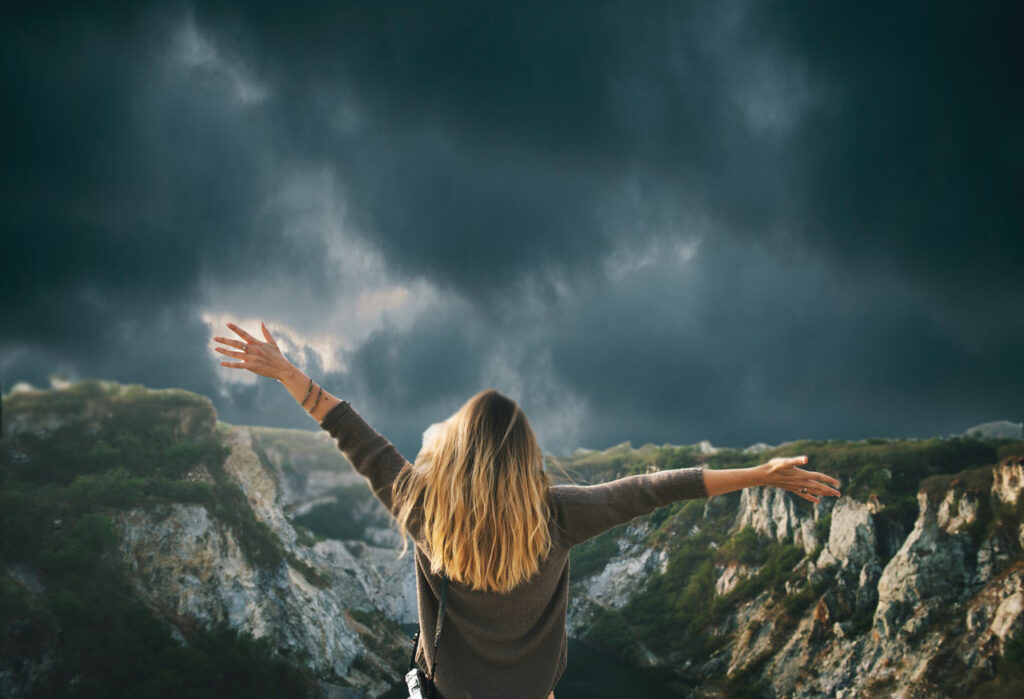After I submitted my commentary piece for The Advocate and another article not long after, I pitched this summary of my experience in the successful fight to defeat Ryancare. How in the hell did we manage to succeed against so many odds? It is a subject I’ve been giving a lot of thought to lately. In the malaise of our most recent election, I instinctively knew to turn to my LGBTQ community. Here’s why.
Read “10 Reasons Why I Love Being Gay (And You Should Too)” at www.advocate.com »
10 Ways LGBT People Saved Obamacare and Beat Trump
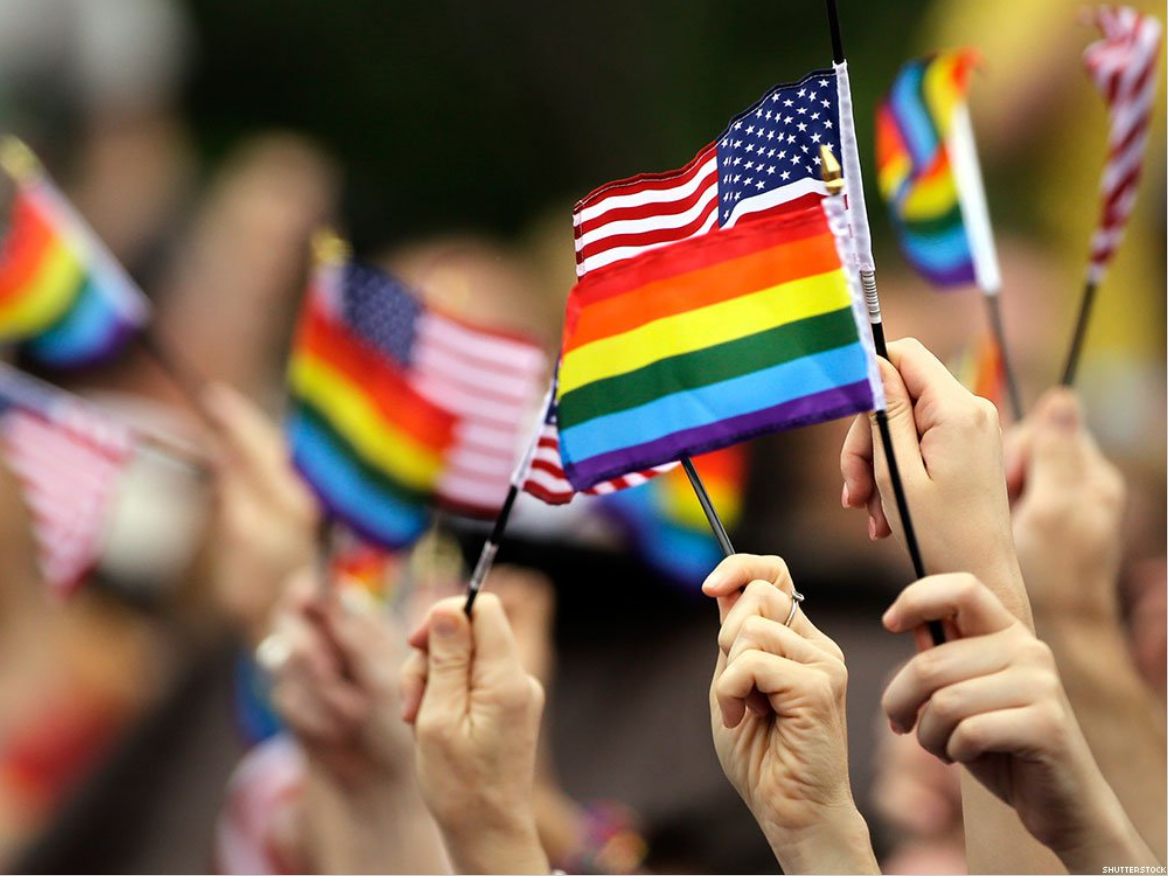
Last month, Ryancare threatened to suspend healthcare for 24 million Americans, including myself. I was at risk of paying $900 per month for my monthly medications. This fight was a matter of life and death, not just for me, but for millions of Americans.
When I heard Los Angeles’s Hammer Museum was hosting a public forum at UCLA to discuss a path forward under a newly elected President Trump, I was there front and center. Lorri L. Jean was there representing the Los Angeles LGBT Center, which happened to be where I’d been getting my PrEP and my anti-seizure medication – filled for free thanks to The Affordable Care Act. I realized my community was already involved in this fight. I was in the fight whether I liked it or not.
Luckily Lorri said four words that no one else on that distinguished panel uttered: “We have a plan.” I got up from my seat right then and there, walked out to the lobby, and signed up for the Center’s “Month of Mobilization” with The Leadership LAB at The Center to do my part to help fight to protect the ACA. I walked back to my seat feeling more empowered than I had in years. Did I feel prepared? Hell, no. Did I think we would collectively take down an entire healthcare bill? I could only hope.
Then, we did! With one more phone-banking session lined up, we defeated Ryancare ahead of schedule. So like any good sport, I’ve taken stock of what worked and what didn’t. Turns out, everything that worked had to do with one very unexpected strength: My experience as a gay person.
Here is a list of lessons I learned of to explain how we won – and how we will win going forward.
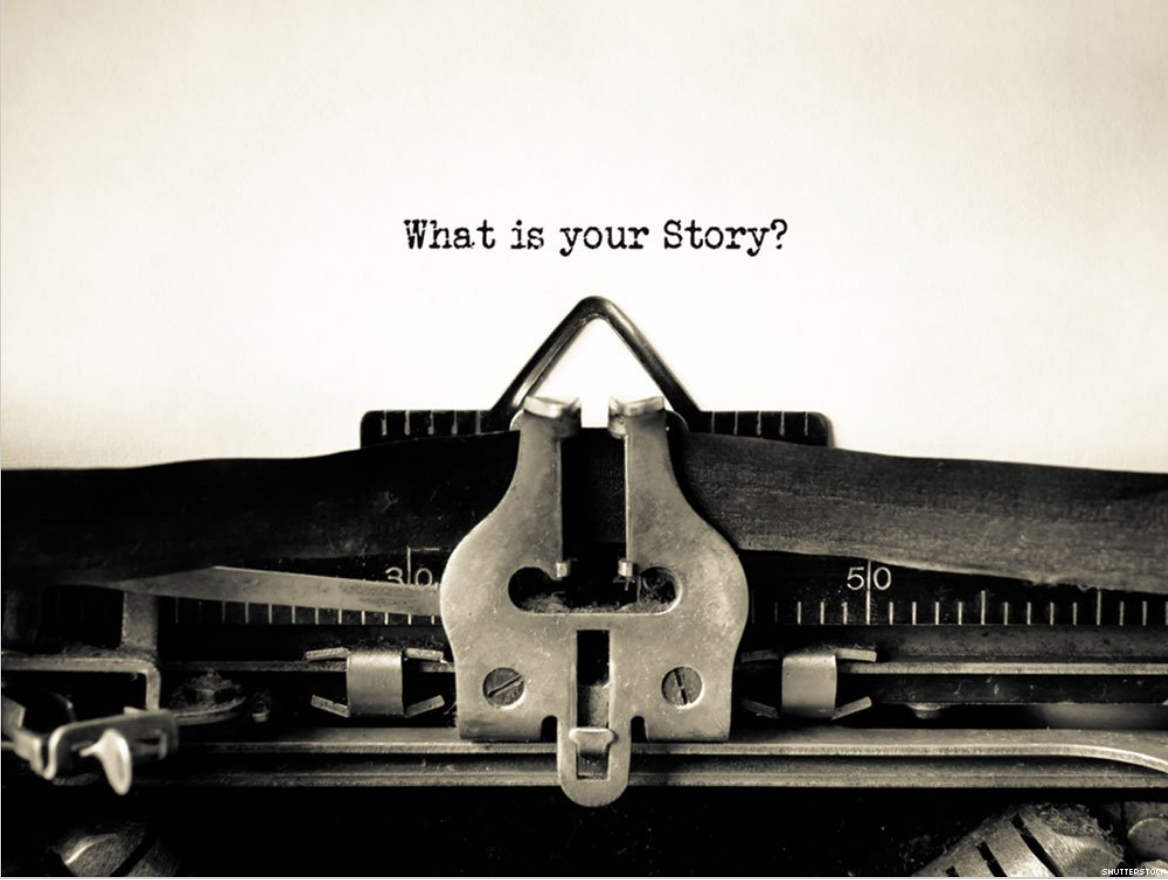
1. Our stories matter – and we know how to share them.
One of the many fellow volunteer healthcare compatriots that I met at the Los Angeles LGBT Center was 27-year-old activist Steven Martin. After we were asked what motivated us to show up to fight the American Healthcare Act, Steven bravely took to the microphone. He told us that last year he was diagnosed with Chronic Myeloid Leukemia (CML.) He made it very clear that he is not a cancer survivor, he is actively “living with cancer,” he said. This is a disease that he’ll live with for the rest of his life. Not unlike HIV, to live with CML, one must remain in an undetectable status. “If it weren’t for The Affordable Care Act and the L.A. LGBT Center,” he said fights back tears, “I wouldn’t be alive today. Covered California covered it all.”
And he’s not alone. I depend on the ACA for my anti-seizure medication. We depend on the ACA for our survival and on facilities like the LGBT Center to provide us with the services and access to healthcare we deserve – not as a gay people, but as human beings. Steven and I talked privately about what we would do if Ryancare was passed. We both had the same plan: go to another country for our healthcare. So what motivated us to sacrifice time, money, and energy to fight back? Our lives as we knew them depended on it.
When we were asked at the end of the first phone-banking session how we felt, I could come up with only one word: grateful. Grateful to have heard the story of a true soldier in this fight, and grateful to be part of a healthcare system and wellness facility that doesn’t see my as number, a price tag, or even as just another gay man – but as a human being that matters.
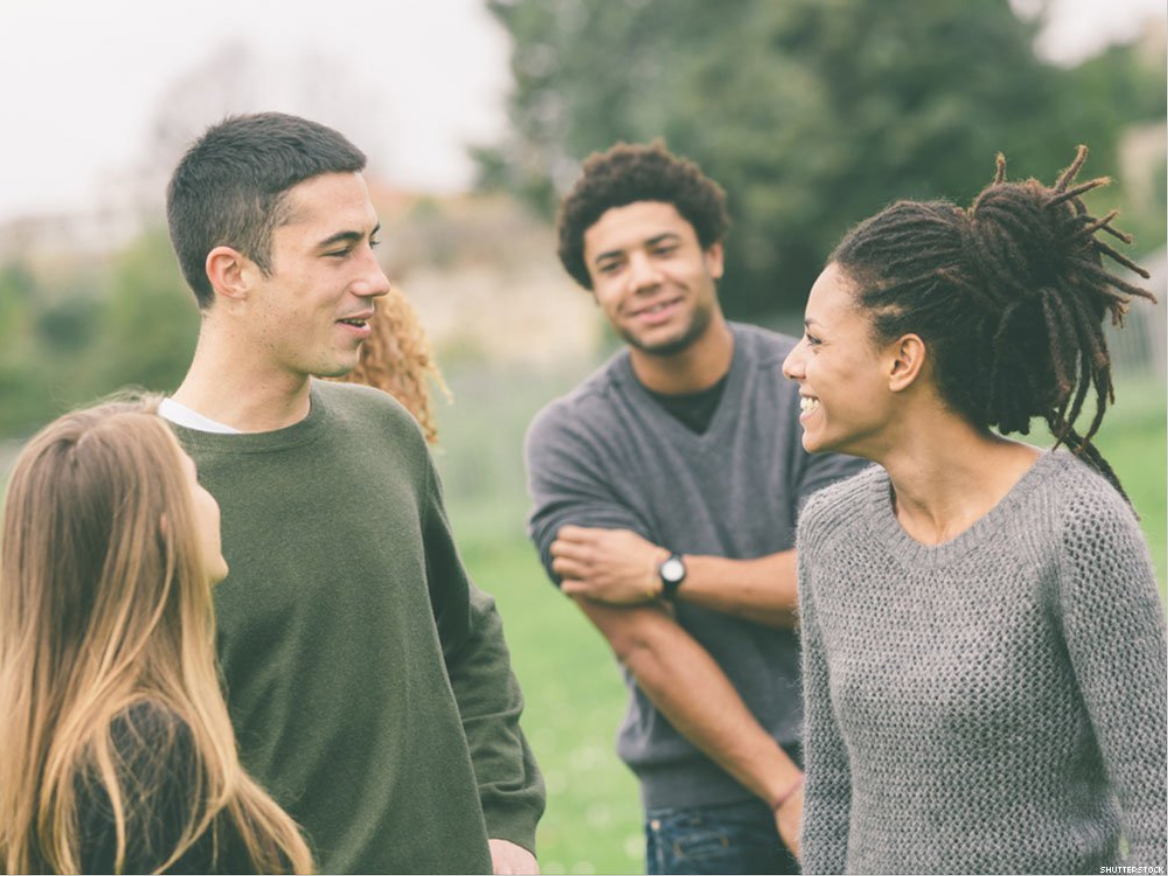
2. We listen to others from different backgrounds.
One of the things we learn early in our lives in the LGBT Community is how to handle confrontation. We are thrown to the fire without choice or recourse, and we have to find a way to survive. We are criticized for our style of dress, our walk, and our mannerisms, and are forced to assess our safety in society on a daily basis. At a very early age we learn how to observe and listen, skills that come in very handy when you’re cold-calling people across the country. In the words of H.H. the Dalai Lama, “When you talk, you are only repeating what you already know. But if you listen, you may learn something new.”
But what if we do both? Listening to what people have to say and repeating it back to them tells them you care. It turns out, for many people this wasn’t about healthcare at all. This was much bigger than that. What I learn when I stopped talking and started listening was that many people feel peace is not possible until they can be heard. Who better than the LGBT community to empathize with people who are feeling marginalized, betrayed, neglected, and afraid? Five minutes at a time, we shared our own stories and listened to the constituents stories, creating bridges on which to join forces for a common cause. Little by little, we are laying the foundations for an America that is more united than ever before.
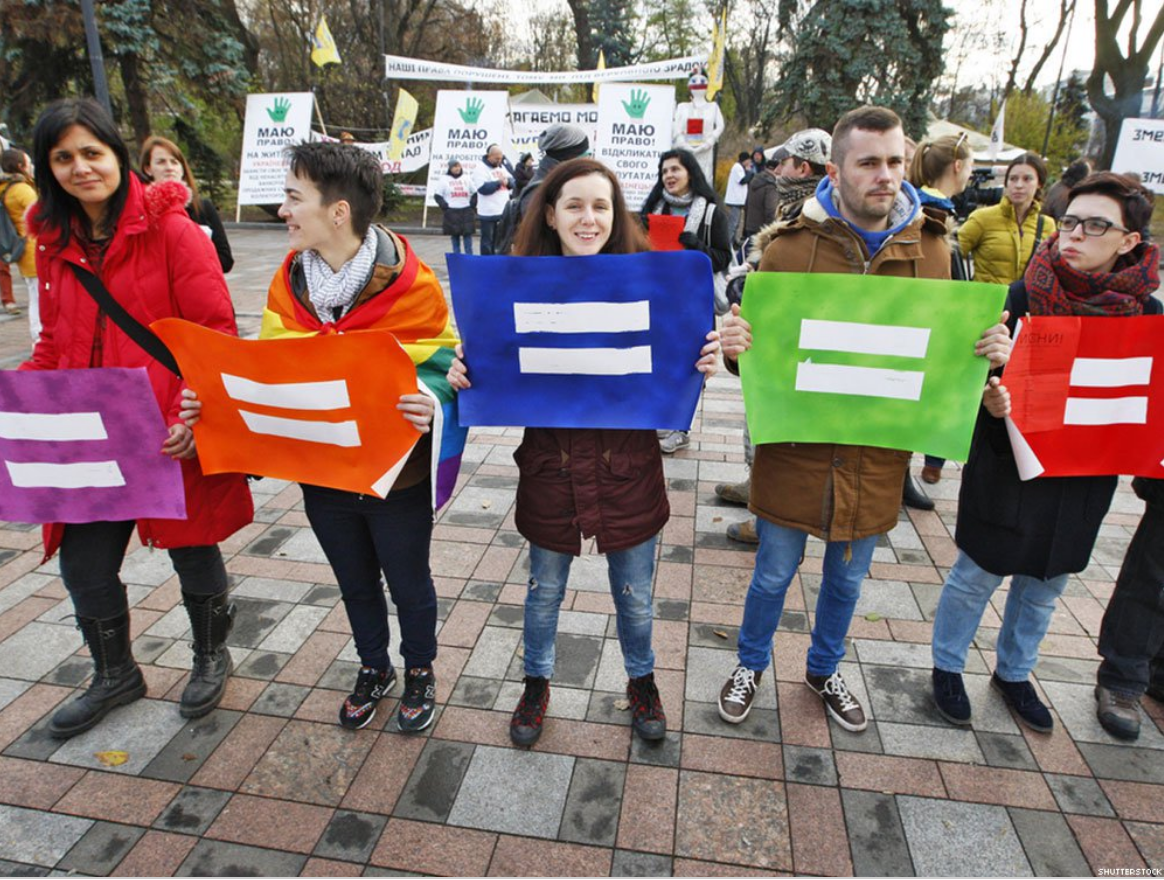
3. We remind we are one human family
It seems that the only facts that matter are the ones that support your message. In our case that message was simple: lives are in danger. I spoke to one woman in Alaska and asked her if she supports the ACA. She said, “I’m healthy, I don’t need to worry about that.” Then I asked her if any of her loved one depended on the ACA. A long pause was followed by, “I suppose – yes. I didn’t think of that.”
When it comes to politics, we are divided, we know that. When lines are drawn as deeply as they have been between the right and the left, it is our natural tendency to think of ourselves and the problems we personally face. Our world shrinks a little. As gay people, we know that we are not alone in our suffering. We know that we need each other. We are embedded in a community that extends beyond traditional nuclear families. We are a community that cares about protecting one another, because we know that protecting one another means protecting ourselves. All this woman needed was a little push to be reminded of her own community, and boom, she became one of thousands of people to put pressure on her senator to vote “no” on dismantling healthcare for myself and 24 million other Americans. Maybe the ACA didn’t affect her, maybe she didn’t really know anyone who depended on the ACA, but now she was talking to someone whose life would be in danger if she didn’t take action. I thank goddess she did!
Now, next time she does to the polls or has a conversation about the issue, she will have a new fact in her back pocket: she helped save my life.
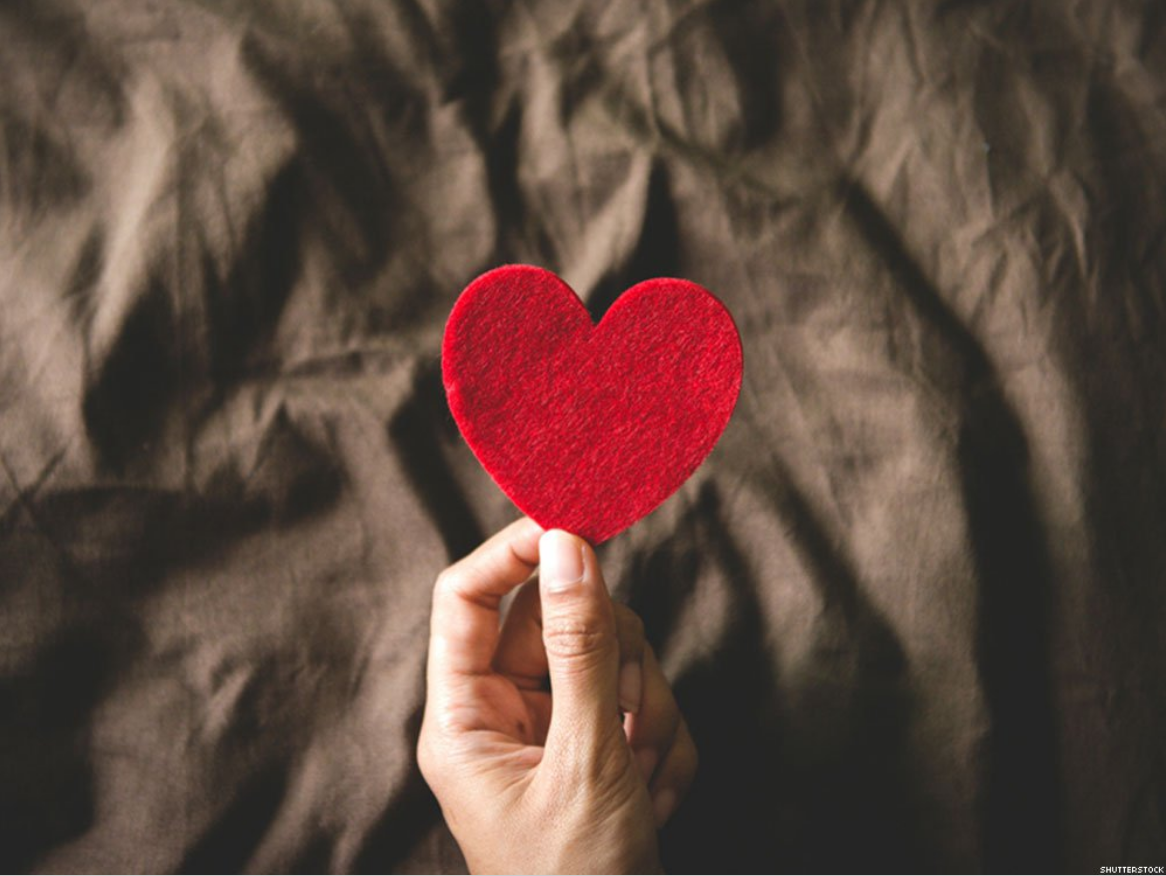
4. We carry “safe spaces” within us
When we were in the closet, we learned how to withhold our feelings. We learned to say just enough to avoid confrontation. And in doing so, we developed the ears to know when someone isn’t being totally upfront with how they feel. When I asked people, “Have you benefited from The Affordable Care Act?” many responded with, “That doesn’t affect me, I’m very fortunate to be healthy” or “I have insurance through my work.” This told me that, though it didn’t affect them, they value insurance itself and know that it’s like not to have it.
Many people tend to vote on matters as it affects them personally. When they are asked to think about someone else, in my experience, 90% of the time they will open their hearts to be more inclusive and compassionate to those they don’t know personally. Listening to people creates that safe space for them to be vulnerable, and it’s that vulnerability that is essential in creating empathy.
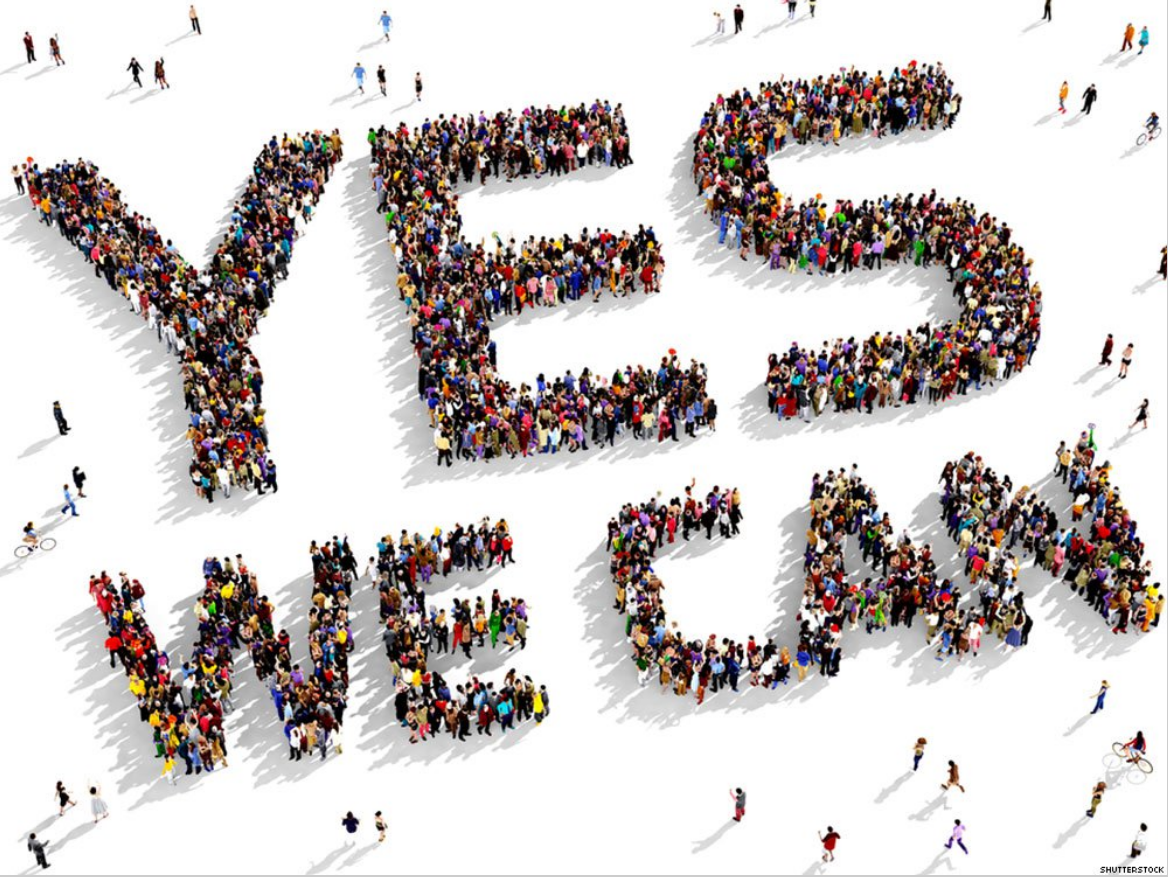
5. We deconstruct the culture of “I, me, mine”
Being sensitive to the use of pronouns – he/him/his, she/her/hers, they/them/theirs – makes us more sensitive to inclusive words like “us” and “we”. One of the most poignant calls I had during the phone banking was the very last call I had that lead to a transfer to a senator. The woman on the other end worked for the woman I intended to speak with. She answered the phone with a thick accent telling me she doesn’t speak English. Immediately I began speaking to her in Spanish. A bond formed instantly. “¡Mi gente!” I exclaimed, and in that moment she went from a stranger to my Latina sister. Opportunities like this, though they may seem minute, are huge!
Read “10 Reasons Why I Love Being Gay (And You Should Too)” at www.advocate.com »
Look for opportunities to dismantle the culture of “I, me, mine,” and you’ll remind people that they are part of the bigger picture that is humanity. You never know, they many end up helping to save the healthcare of 24 million people.
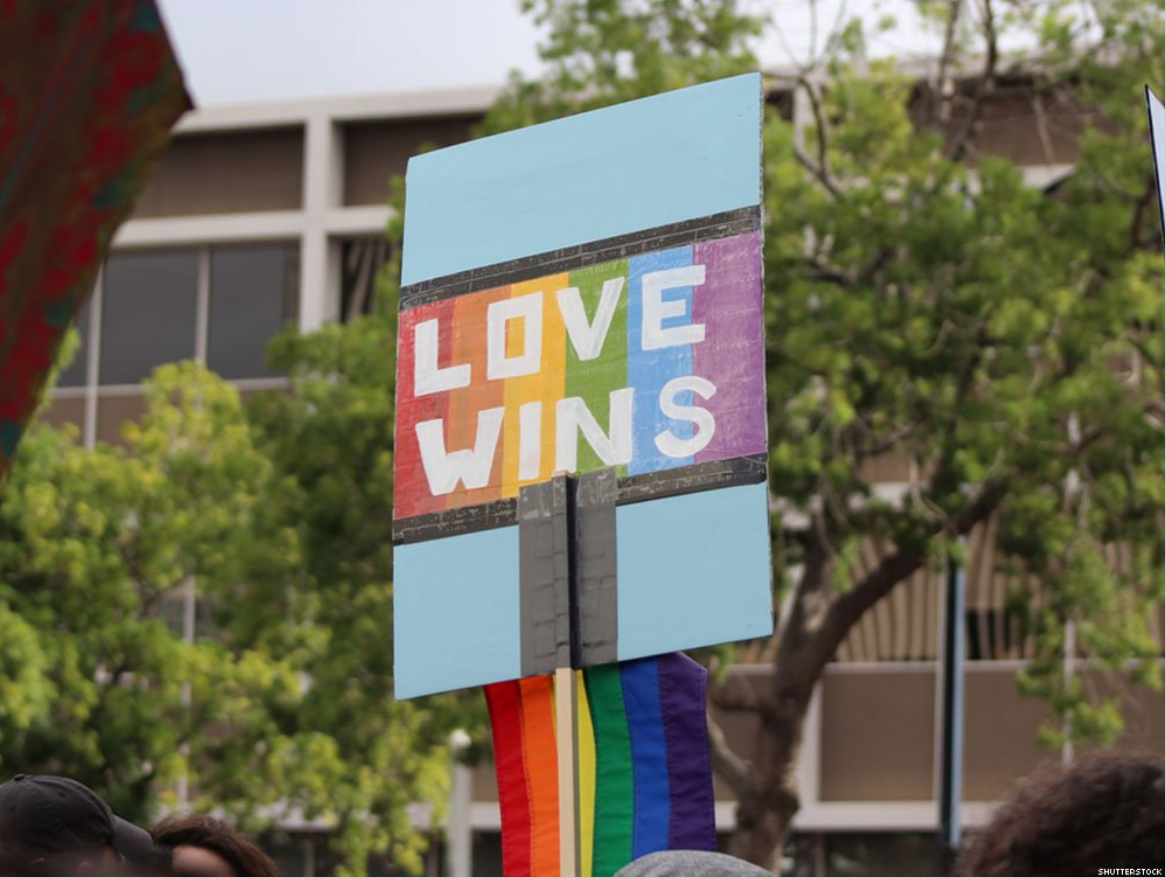
6. We celebrate every victory, no matter how small.
Not every win is a big win, but we must remember that success can be measured in many ways. For us it wasn’t just about measuring our ability to hold a conversation. We took stock on how many people we dialed, how many people showed up to make calls, as well as how many constituents we were able to galvanize to transfer to their senators. And if they didn’t want to be transferred, we tallied how many people we were able to get to commit to call their senators themselves. Each and every step we made, we measured and celebrated. For a total of 3 phone banking mobilizations, we were able to recruit 448 volunteers, 85 of whom attended more than two or more phone banks; we successfully transferred 1,332 constituents to their senators, and we got 562 constituents to commit to call their senators, speaking in both Spanish and English. That’s 1,894 people across Alaska, Arizona, and Nevada who committed to take 5 minutes out of their day that helped save health care for millions of men, women, and children.
Each and every person who participated in the process deserves to be celebrated. And next time someone tells us “I feel like one person can’t make a difference,” we’ll know how easily 1 person can become 1,894 people having an impact on 24 million.
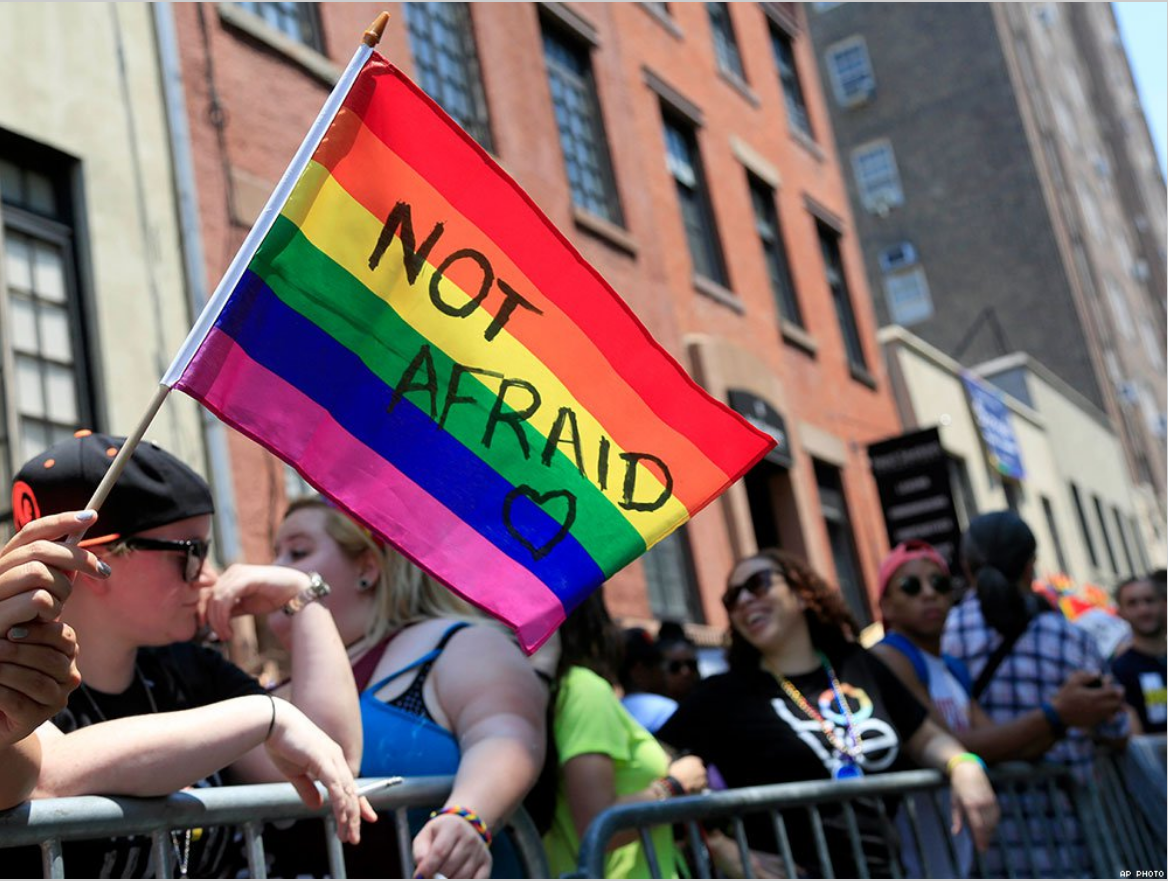
7. We fight, regardless of the odd against us
Ella Barrett, national field manager for the L.A. LGBT’s Leadership LAB, was integral in creating the Month of Mobilization. Together with the rest of the LAB team, she brought almost 500 strangers together to volunteer to be part of a nationwide coalition of concerned constituents. When we learned that Paul Ryan pulled The American Healthcare Act bill before it could even go to a vote, we were in shock. Not only did we defeat Ryancare, but we went head-to-head with the GOP and shut that grand ol’ party down!
Our big break was with Republican senator Dean Heller of Nevada. During our first phone banking mobilization, we filled his voicemail box and jammed his phone lines. Two days later, he came out publicly to announce that he would be voting “no” on repealing the Affordable Care Act. I asked Ella what she thought our odds of success were at the onset of this “experiment,” as it was called. “Five percent,” she answered without hesitation. “I’d say I felt we had a 5% chance of successfully defeating Ryancare. But I had 100% faith that we would be able to put together a team to fight it.
So what does she credit for our success? “Focus is one of the most important things,” she said. “Our number one value as a team lies in storytelling. We know people are naturally motivated when it’s personal.” After almost 10 years analyzing how to reduce prejudice on the electoral level, The Leadership LAB has proven that the best route to success is not only to be heard, but to offer the same level of respect to others, as well. That’s why we show up – because we know that even with a 5% chance of success, the fight cannot happen without us.
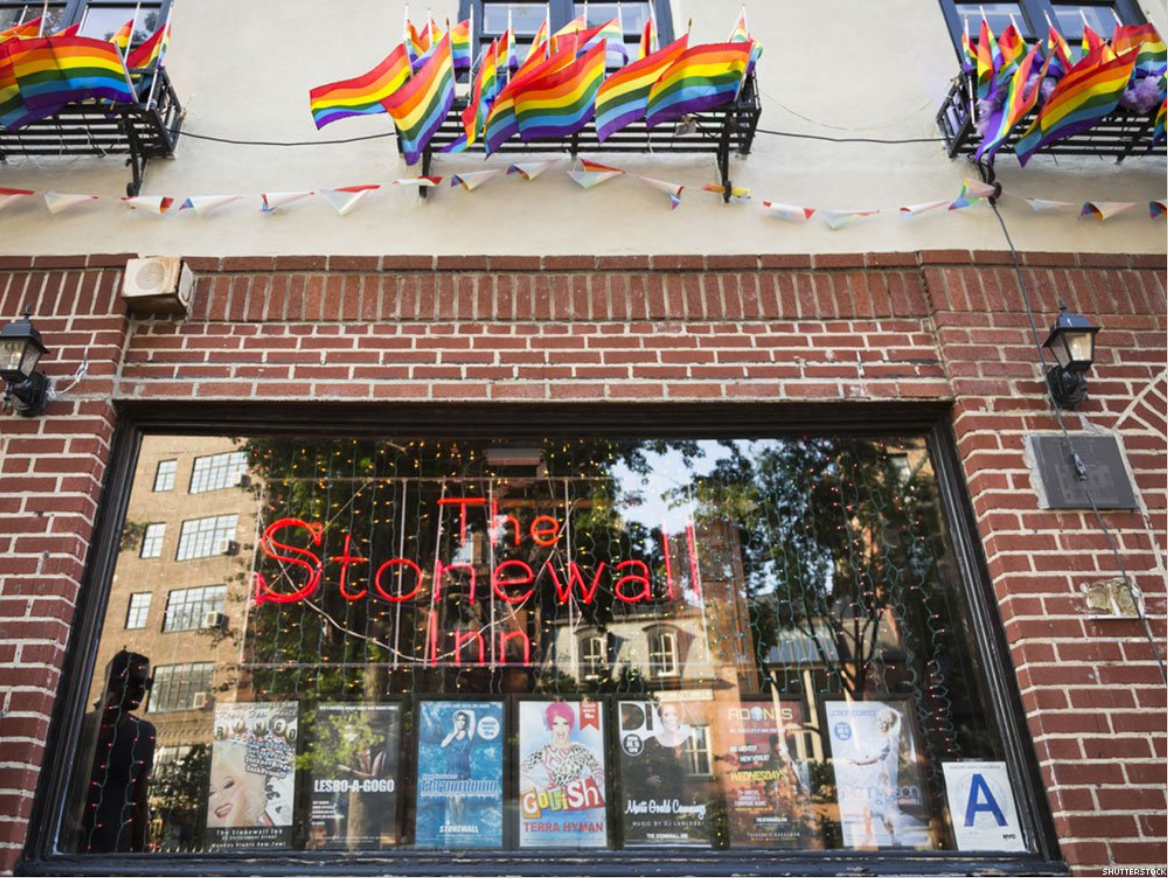
8. We have our LGBT Movement pioneers to learn from
The LGBT Movement has been fighting the patriarchy and the political establishment since we realized we were being excluded from it. In the process, we’ve learn that crying is a sign of strength, that trauma can be a path to empathy, and that hate can only be fought with love. Fighting for our right to just be is our bond and our offering to a world divided.
“The LGBT community emerged from oppression, fighting for the protections, representation, and rights straight people already enjoyed,” said Steven Martin, who, in addition to fighting to protect healthcare with us, is in the beginning stages of developing his own patient rights nonprofit organization. “Those who aren’t oppressed – straight people – are here today to train at the LGBT Center. They’re here to learn from the strengths we’ve gained from our struggle.”
One of the most beautiful things about the LGBT community is it’s inclusivity – a passion and fierce determination to not just horde our strengths, but to share them. Isn’t that the future we all want to be a part of?
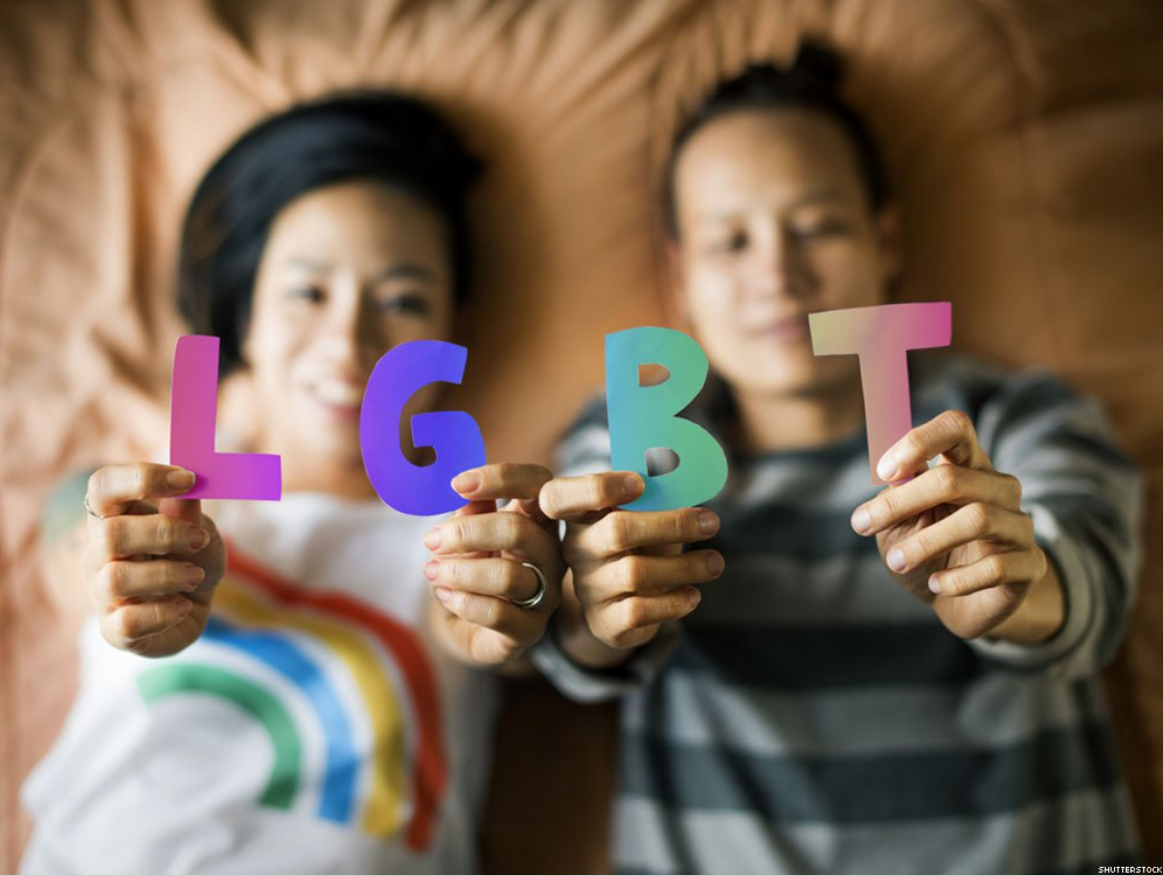
9. We inherit a history of mentorship
Young people are more involved in this fight than ever. I met someone at the LGBT Center who was 14-years-old! She was admittedly nervous, but she was still on the phone trying to recruit more of her friends to be callers. Another student was so well-read that they recognized me from an interview I did with the Huffington Post months prior. I don’t know about you but I sure as hell wasn’t reading the LGBT Voices section of any news magazine at 14-years-old. Young people like these kids need to know that there are safe spaces and role models with whom to build their leadership skills. As Steven pointed out, the AIDS crisis o the 1980s largely robbed our generation of mentors. “We know what it’s like to be raised without mentors and we can’t let another generation go through that,” he poignantly articulated.
But we rainbow warriors of the LGBTQ community are not just here to serve one another. Our message of love has reached beyond our community and our pool of ally straight brothers and sisters continues to grow. As queer people who mentor queer youth, we aren’t just giving gay, lesbian, and trans folks a safe space to grow an express their identities freely, we are also creating models of love and tolerance for our straight allies, too. With every young LGBTQ person we connect with, we are multiplying our reach and uncovering the gratitude for who we truly are: pioneers of peace.
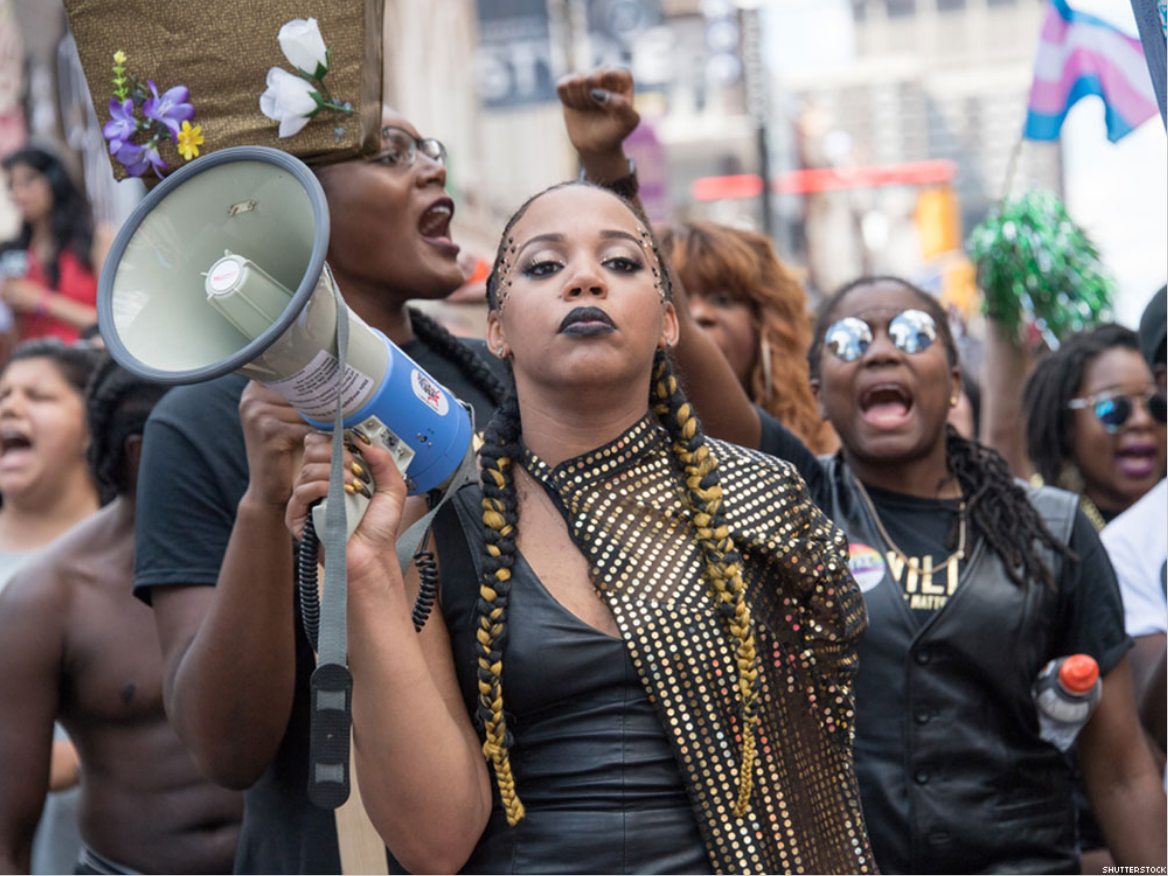
10. We embrace intersectionality
A lot of people have been feeling that the country and the government itself has been stagnant. But just the same, we are stagnant. Many of us have fallen into the trap of hating what makes us different from one another, wasting our time and energy while the solutions pass us by. But what would happen if we celebrated our intersectionality instead?
The LGBT Movement represents all the spokes on the wheel – and we know that’s the only way we can move forward. I can’t tell you how energizing The Month of Mobilization was, bearing witness to people on all ages, all nationalities, all sexual orientations, undivided by color, creed, or sex, but instead, coming together to honor one core value: our lives matter. Our differences aren’t the problem, they’re the solution. The solution is the woman who almost hung up on me, but took the time to listen to me, eventually realizing this issue is not about Obama or Trump, it was about the 2 surgeries she had lined up; or the other woman whose first real interaction with a gay person was on the phone with me, doing my best to make sure she could continue to enjoy access to her Parkinson’s medication. They realized that despite our differences, what mattered was life.
We are all human beings and we all deserve to be heard, but if we start by vilifying our differences we shoot any chance of progress in the foot – and we need those feet to march our asses to the finish line! Our stories unite us, if only we’d let them.
People make cheeky jokes about how the anagram for the Movement keeps getting longer. LGBT, LGBTQ, LGBTQIA – we just keep adding more denominations of people. But I say let it get longer, because I don’t see the Grand Old Party getting any grander. And with the Democratic Party still reeling from recent scandals, the onus is on us to act. We’re all in this together. The only way we rise, is if we rise together. And gay, straight, trans, or queer – no one should have to walk this road alone.
Originally posted in The Advocate Magazine. Find more of my articles at www.advocate.com.

